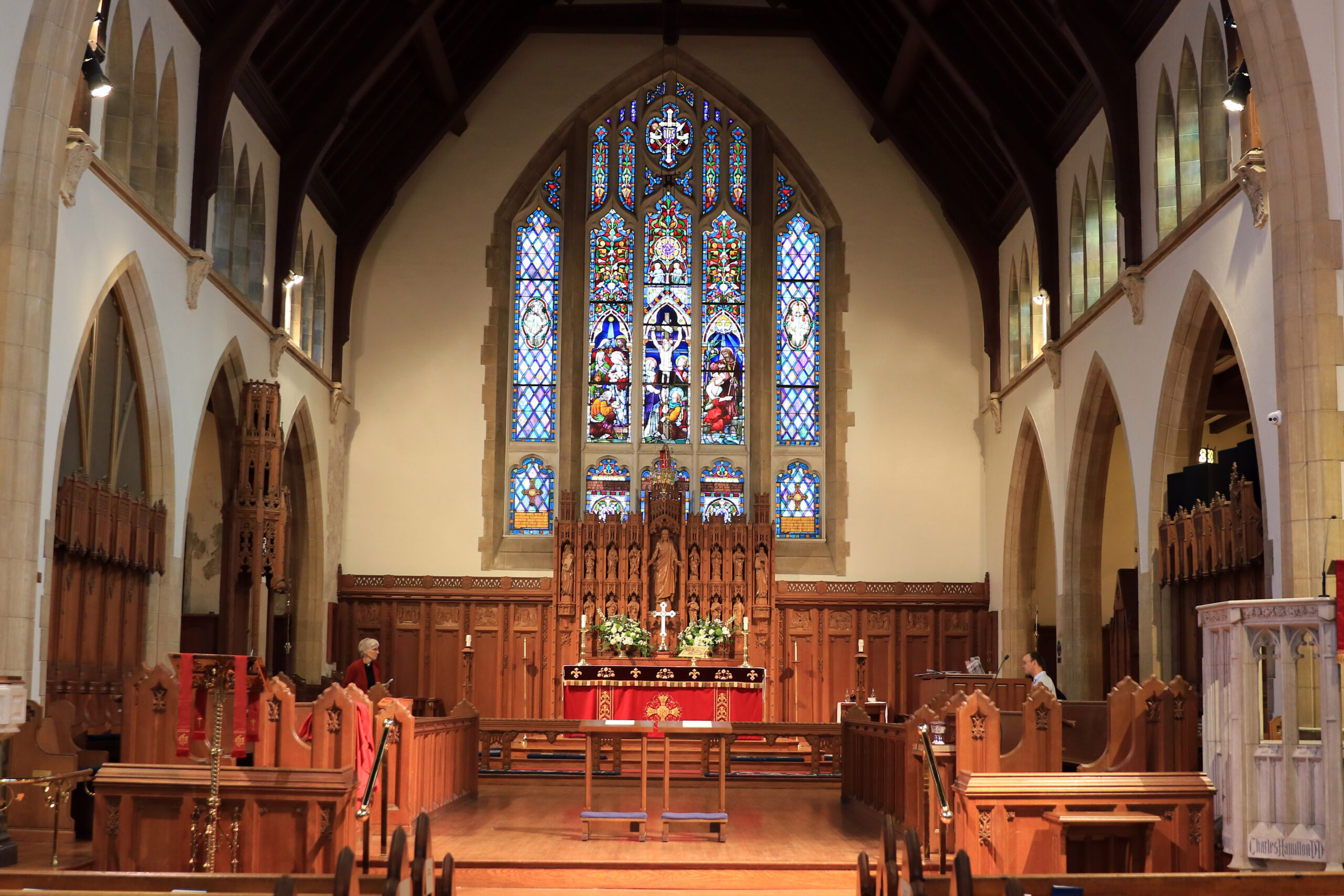Our Vast Region
The region that The Anglican Diocese of Ottawa (ADO) constitutes is an area that occupies 46,620 square kilometres. It spans across eastern Ontario and western Quebec, including the vibrant city of Ottawa, Canada.
All are welcome to join in on our collective journey of faith and service. We are very thankful to have a French-speaking congregation, known as St-Bernard de Clairvaux, offered at Trinity Ottawa South.
What We Do
Ascension House is our central office. In addition to our parishes, with major community ministries that offer
- supportive and emergency housing for women
- day programs for individuals facing poverty or homelessness
- refugee sponsorship services, and
- a counselling centre
Our Commitment
The Anglican Diocese of Ottawa (ADO) is one of 30 dioceses within the Anglican Church of Canada, which is part of the worldwide Anglican Communion. Our parishes serve as a resource for everyone in over 50 local communities, in diverse villages, towns, and smaller cities. Our commitment to social connection, spiritual nourishment, social justice, and compassionate service resonates throughout the region.
ADO Priorities, Triennium 2024-2026
What We Believe
Anglican theology is based on three principles:
Source: Bays, Patricia (2012). This Anglican Church of Ours pp. 69-70
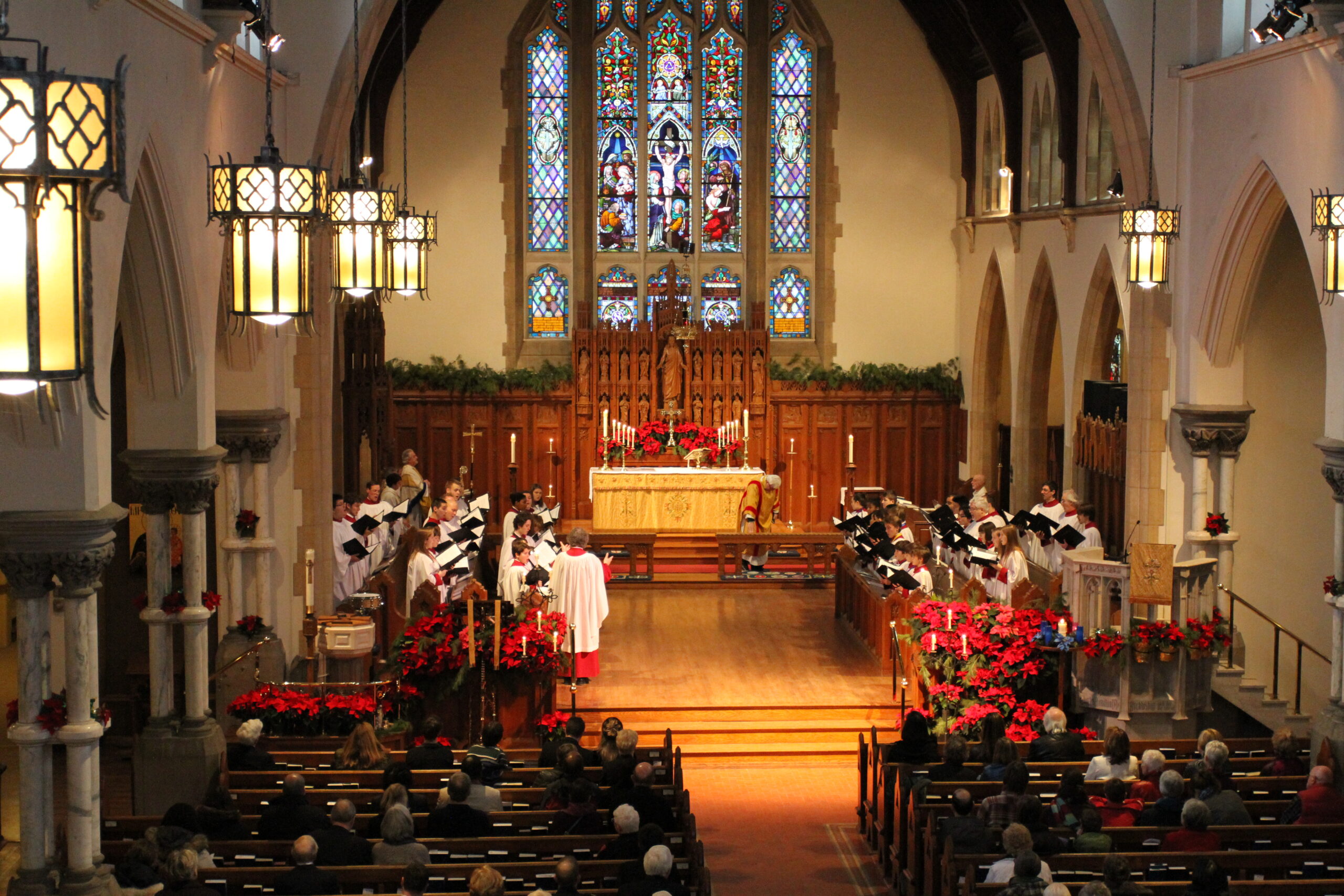
Scripture
The Bible
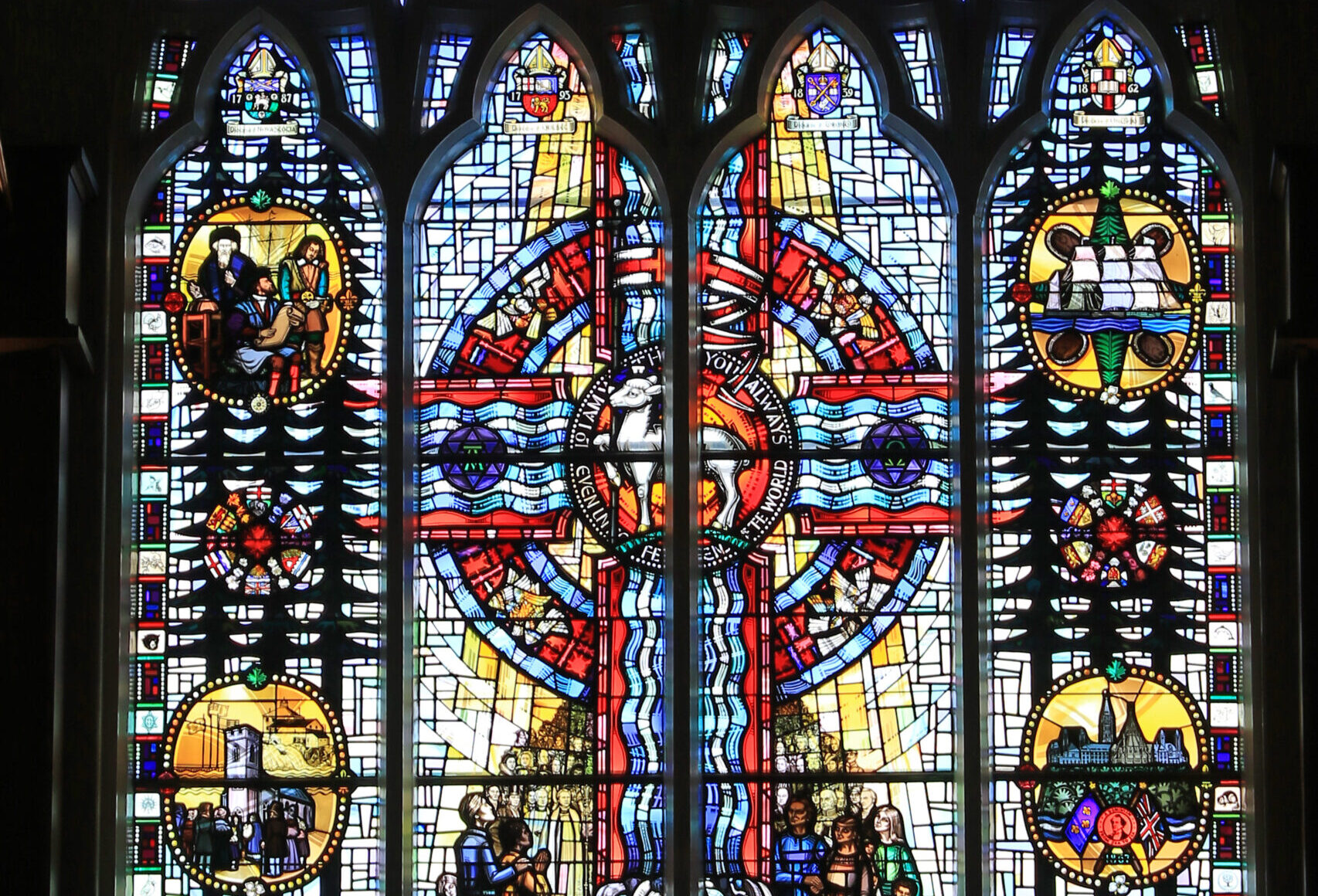
Tradition
The collective wisdom of the church received and taught over centuries

Reason
We believe God has given us the gifts of reason and balanced judgment.

35For I was hungry and you gave me something to eat, I was thirsty and you gave me something to drink, I was a stranger and you invited me in, 36I needed clothes and you clothed me, I was sick and you looked after me, I was in prison and you came to visit me.’ 37“Then the righteous will answer him, ‘Lord, when did we see you hungry and feed you, or thirsty and give you something to drink? 38When did we see you a stranger and invite you in, or needing clothes and clothe you? 39When did we see you sick or in prison and go to visit you?’ 40“The King will reply, ‘Truly I tell you, whatever you did for one of the least of these brothers and sisters of mine, you did for me.’
–Matthew 25:35-40
Worship
Anglican church services encompass several common elements
Every church and parish possess a distinct character, ranging from formal to casual, and offering diverse styles of music.
All are welcome to embark on this journey of finding a spiritual home that feels just right for you.
Holds significant importance in our collective worship. Our services draw from a rich tradition of set prayers, found in either the Book of Common Prayer, based on 16th-century rites, or the more modern Book of Alternative Services (1985).
Known as the Lord’s Supper or Communion, is a central component of many Sunday services. Additionally, Anglican congregations gather for morning and evening prayer, as well as services throughout the week.
Typically includes the gathering of the community, listening to and reflecting on Scriptures, bringing prayers for the world and community to God, sharing the holy meal of bread and wine, and going forth into the mission of daily life.
Advent, Christmas, Epiphany, Lent, Easter and Season after Pentecost. We follow a lectionary, a predetermined list of Bible readings for the year.
Commonly held in church buildings, Anglicans may also gather in long-term care facilities, senior residences, school gyms, or community centres.
When we gather for worship, we pray together.
We use many different prayers, but one that you will hear often is the one Jesus taught his disciples:
Our Father who is in heaven
Hallowed be your name,
Your kingdom come, your will be done,
On Earth as it is in heaven
Give us this day our daily bread,
And forgive us our sins as we forgive those who sin against us.
Lead us not into temptation.
But deliver us from evil,
For yours in the kingdom, the power and the glory
Forever and ever,
Amen.
Pray
Prayer holds a central role in the spiritual life of Christians, serving as a means of connecting and communicating with God. It encapsulates the essence of our relationship with the divine.
– Anglican Fellowship of Prayer
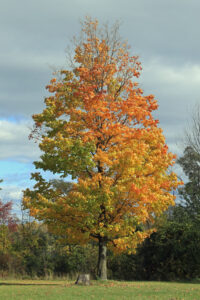
Personal Prayer
The Anglican Fellowship of Prayer offers a useful resource on different types of prayer, including
- Christian meditation
- centering prayer
- healing prayer
- prayer while moving
- praying for others
- music & prayer
- prayer & art
- Taizé
- pastoral care and prayer
- prayer labyrinths
- Stations of the Cross
Thoughts from Archbishop Shane Parker
Prayer
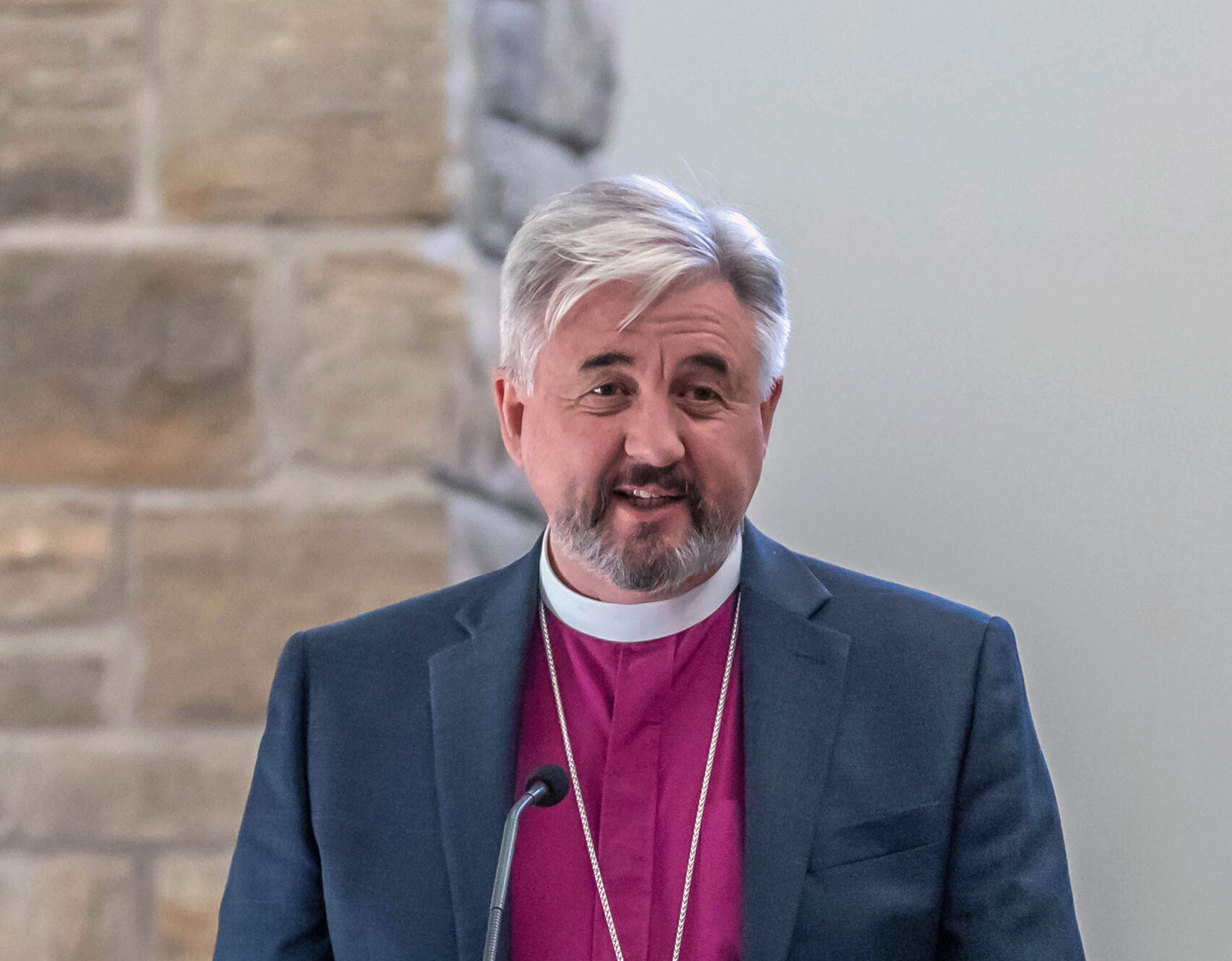
Personal prayer
Praying and listening for God’s answer
“Being in a place where you can look out and far away in all four directions has a centring effect: you feel smaller, in a good way, and the thoughts you carry become more like prayers, and as the prayers flow out and away from you, a kind of holy silence replaces them, and you are able to listen to the wisdom of the Spirit.
My journey has taught me that if you understand personal prayer to be about letting your thoughts be lifted up and away from you so that you are finally silent, you are on the right track. (…) Best to pray away until there is nothing more for you to say, and then, when you can be silent, to trust that the wisdom of the Spirit is speaking, and let it be. Get up and go your way: you have been heard and answered—live it out and see what happens!”
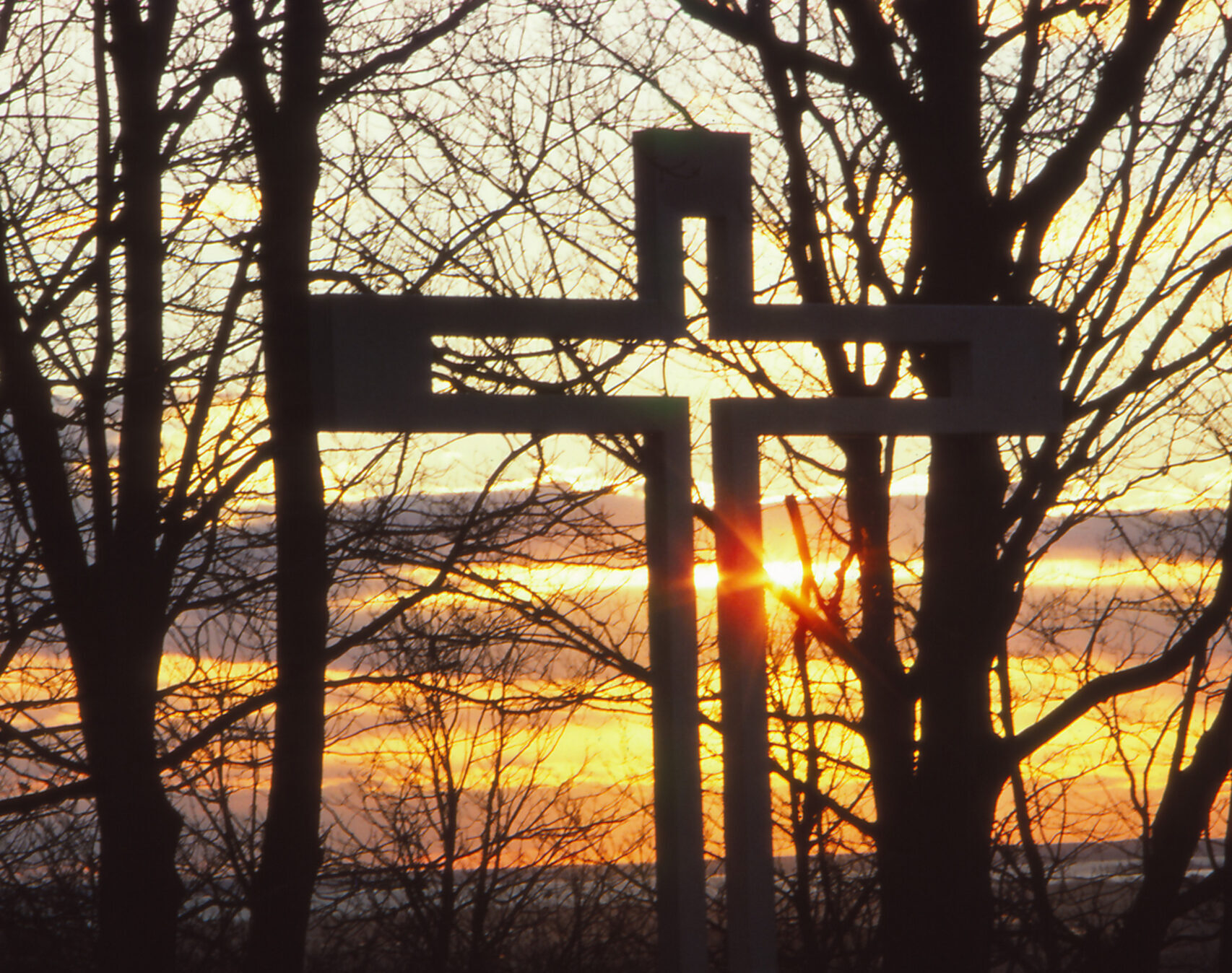
When it is difficult to pray
When the prayers of our hearts cannot be put into words
“The Vigil Tree seems to know that sometimes the prayers of our hearts cannot be put into words. Some things feel too big, or complicated, or painful to express in prayer. Sometimes there is nothing to say. The Vigil Tree seems to embody the words of Saint Paul, who taught that when we cannot pray or cannot find the words to pray, the Holy Spirit prays for us, interceding for us “with sighs too deep for words.”
Sometimes it is enough to go to a place that is familiar and safe, be it a forest, a church, a chair, or a window, and open your heart to God, wordlessly. And God, who searches your heart, will hear the prayer of the Spirit within you.
Get Involved
We extend a warm invitation for you to visit any of the Anglican churches across our region.
Our clergy and church members are happy to answer any questions about attending or engaging with our community.
